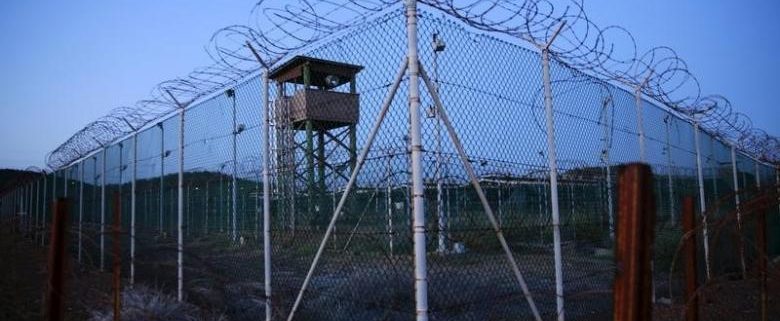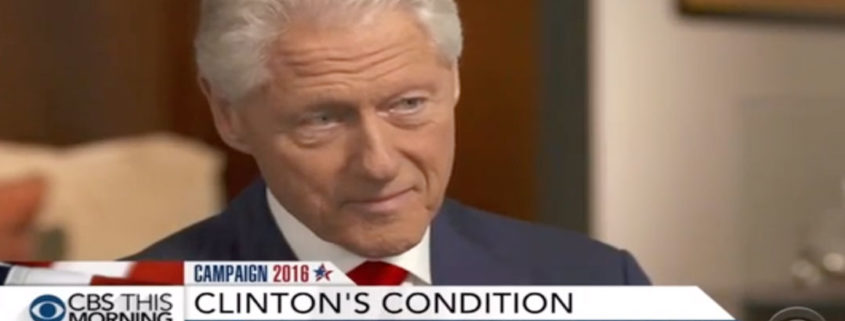By Paul Thompson, with illustrative work by Katie Weddington
written by Paul Thompson, with illustrative work by Katie Weddington
- Clinton’s emails get sorted
- Why was the sorting effort so flawed?
- The deletions begin
- Combetta deletes everything that is left
- Investigations and cover-ups
- Attorney-client privilege?!
- Combetta’s Reddit posts
- Who knows about the deletions, and how?
- The Datto cloud mystery
- What did Clinton and her aides know about the deletions?
- “Shady shit” and “Hillary’s cover-up operation”
- The FBI speaks up, only raising more questions
- Congressional investigators fight back
- An FBI cover-up?
- Taking the fall and running out the clock
Since April 2016, I’ve worked with a team of people to put together the most detailed timeline on the Clinton email controversy. With this in-depth knowledge of the issue, one recently revealed event stands out as the most important “smoking gun” so far that isn’t getting nearly the attention it deserves: the deletion and wiping of Clinton’s emails in March 2015. This essay draws on the timeline to put together what is publicly known, revealing aspects that have been completely overlooked. The evidence points to destruction of evidence by people working for Hillary Clinton.
To understand the 2015 deletions, we have to start further back in time, in June 2013. Clinton had ended her four-year tenure as secretary of state earlier in 2013, and she hired the Platte River Networks (PRN) computer company to manage her private email server. This was a puzzling hire, to say the least, because PRN was based in Denver, Colorado, far from Clinton’s homes in New York and Washington, DC, and the company was so small that their office was actually an apartment in an ordinary apartment building with no security alarm system. The company wasn’t cleared to handle classified information, nobody in it had a security clearance, and it hadn’t even handled an important out of state contract before.
PRN assigned two employees to handle the Clinton account: Paul Combetta and Bill Thornton. In late June 2013, these two employees moved Clinton’s server from her house in Chappaqua, New York, to an Equinix data center in Secaucus, New Jersey. They removed all the data from the server, moved it to a new server, and then wiped the old server clean. Both the new and old server were kept running at the data center. At the same time, PRN subcontracted Datto, Inc., to back up the data on the new server. A Datto SIRIS S2000 was bought and connected to the server, functioning like an external hard drive to make periodic back-ups.
Clinton’s emails get sorted
Fast forward to the middle of 2014. The House Benghazi Committee was formed to investigate the US government’s actions surrounding the 2012 terrorist attack in Benghazi, Libya, and soon a handful of emails were discovered relating to this attack involving Clinton’s hdr22@clintonemail.com email address. At this point, nobody outside of Clinton’s inner circle of associates knew she had exclusively used that private email account for all her email communications while she was secretary of state, or that she’d hosted it on her own private email server.
The Benghazi Committee began pressing the State Department for more relevant emails from Clinton. The State Department in turn began privately pressing Clinton to turn over all her work-related emails.
Continue reading, The Hidden Smoking Gun: the Combetta Cover-Up










